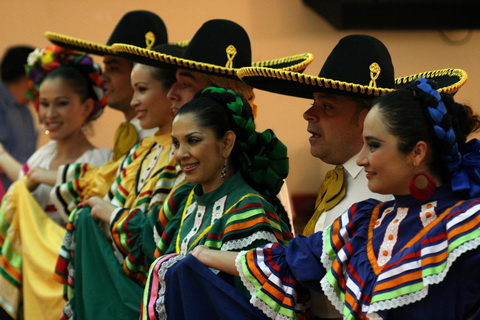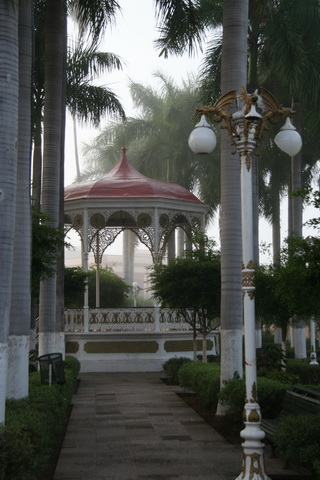
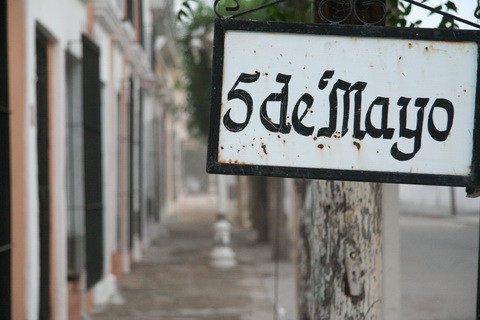
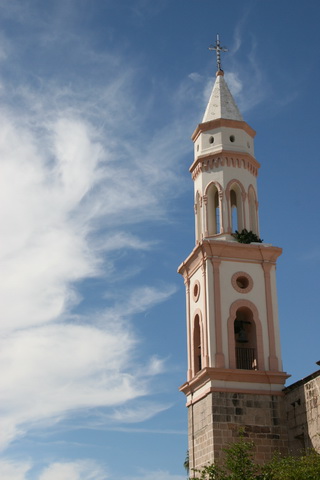
El Fuerte was founded in 1564 with the name of San Juan Bautista de Carapoa by the Spanish conquistador Don Francisco de Ibarra, the first explorer of the lofty western Sierra Madre mountains.
El Fuerte was founded by the Spaniards in 1564, and later destroyed by the Indians.
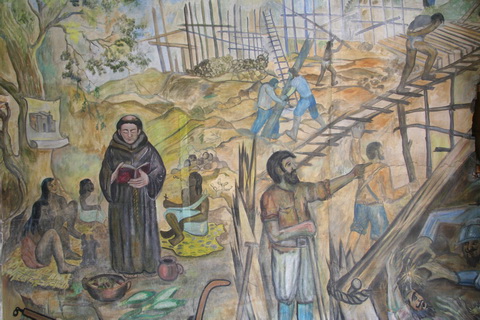
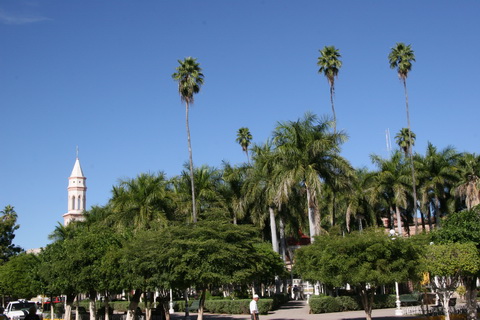
The palm trees were imported by an American - I have forgotten who - from Cuba.
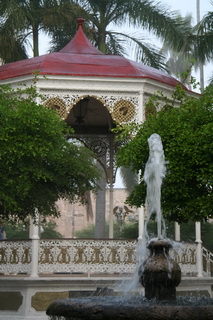
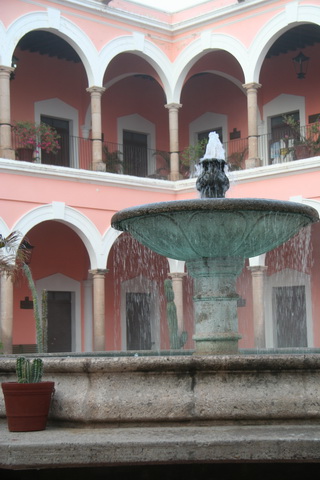
El Fuerte became a major trading post for silver miners and gold seekers from the Urique, Batopilas and Rain of Gold mines in the nearby Sierra Madre.
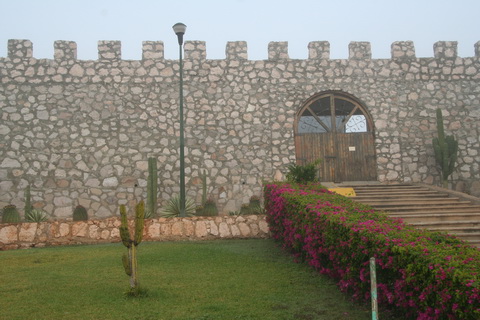
Unfortunately the actual fort is not preserved - nor is the exact location known. This building was erected in 2001.
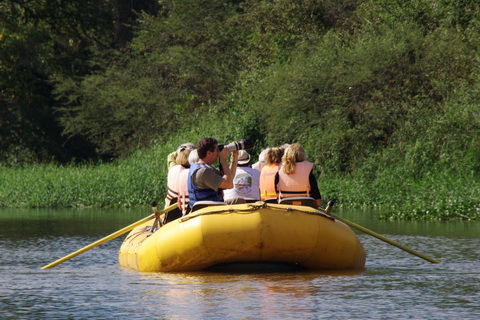
The group boarded small rafts for a ride on the El Fuerte River. We were to look for wildlife - particularly birds.
Cal is on the left rear of this raft attempting a bird photo.
Barry Hart took this photo in a trailing raft.
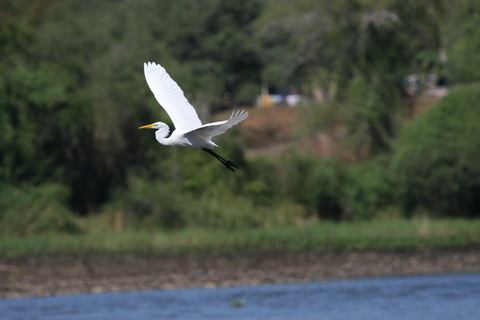
White Heron
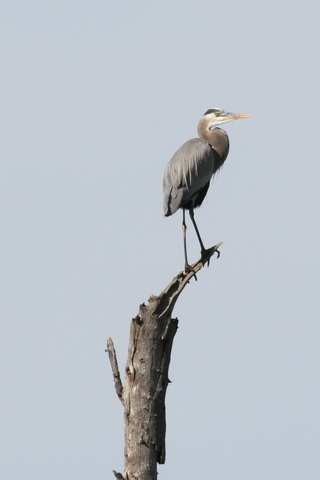
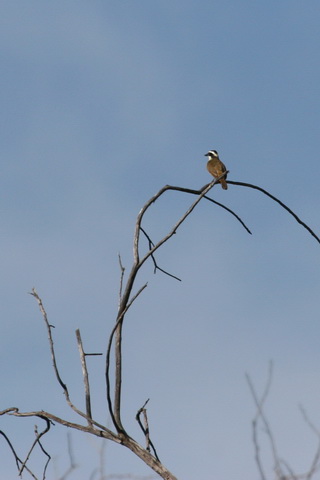
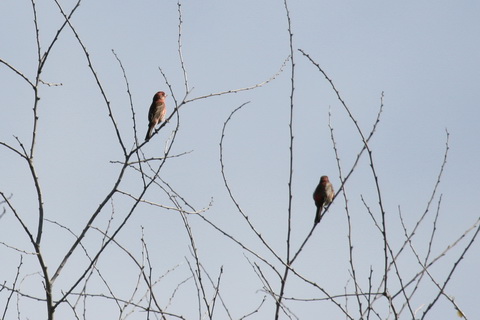
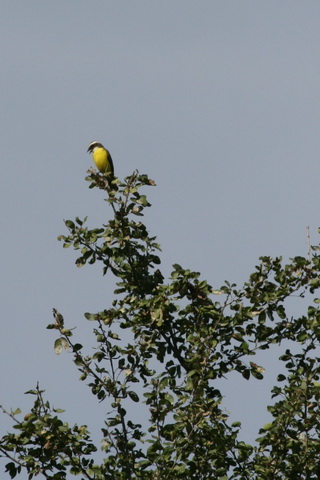
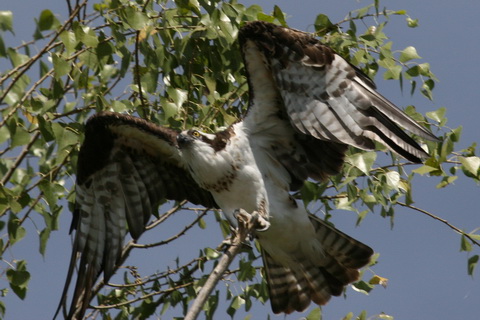
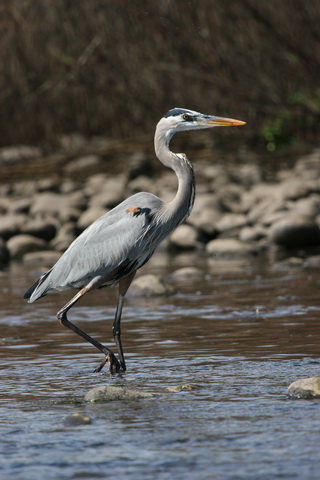
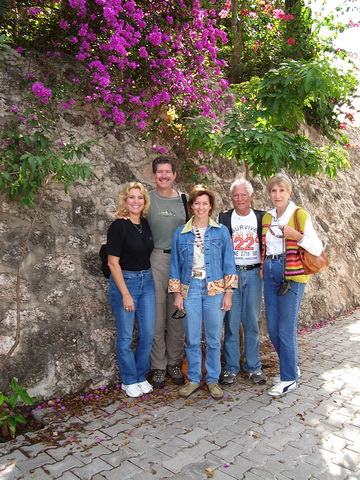
Here are Mary, Cal, Virginia Ann, Cal and Liz Holman.
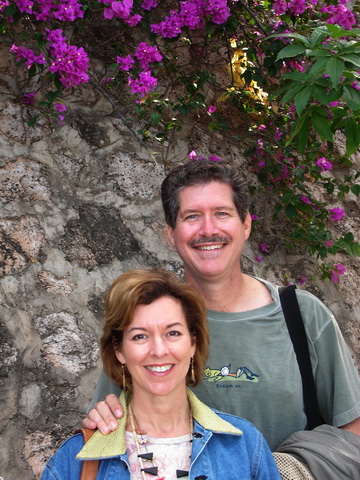
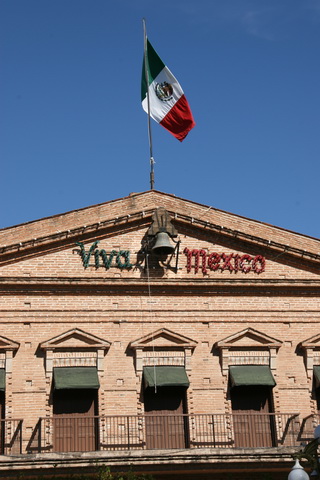
In 1824, El Fuerte became the capital of what is now the states of Sonora, Sinaloa and part of Arizona. It remained so for several years.
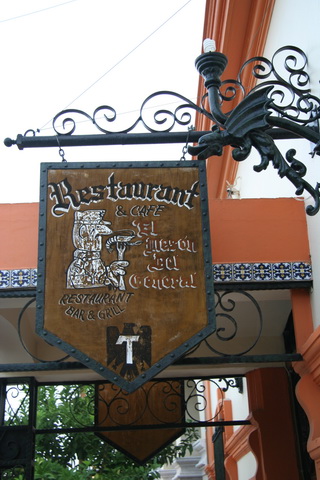
We gathered at the La Mesa del General for a good meal.
I really liked the dragon like lights - these were the city streetlights and not part of the restaurant. Interestingly this is the same image as in Creel - if you remember from day 2.
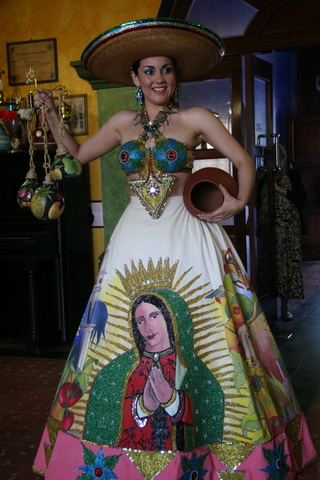
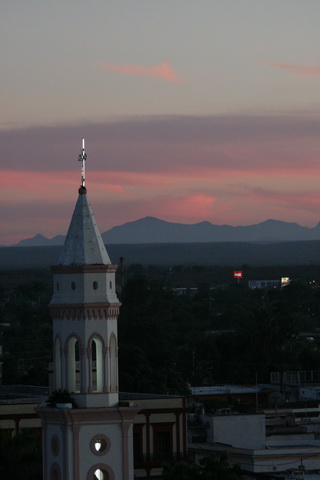
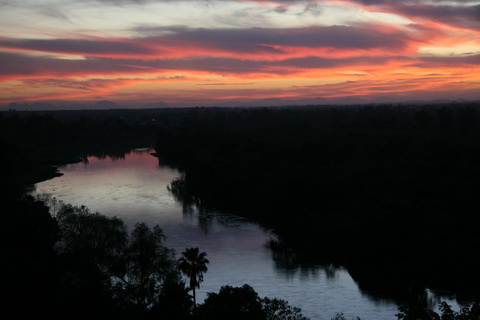
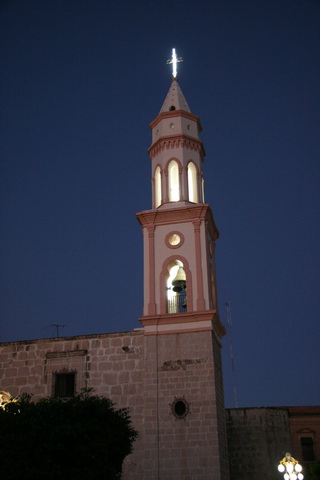
I really liked to photograph this tower.

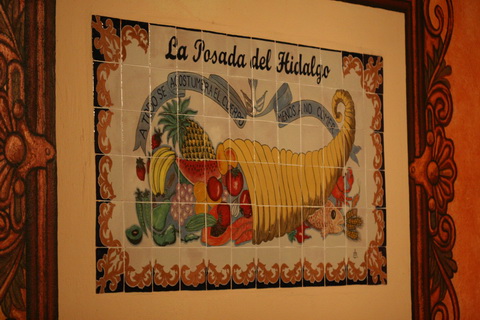
The Posada del Hidalgo is centrally located for exploring El Fuerte. This beautiful hotel is a former colonial mansion built by Senor Rafael Almada in 1890. Most of the original pine beams and furniture were brought by boat from San Francisco, California.
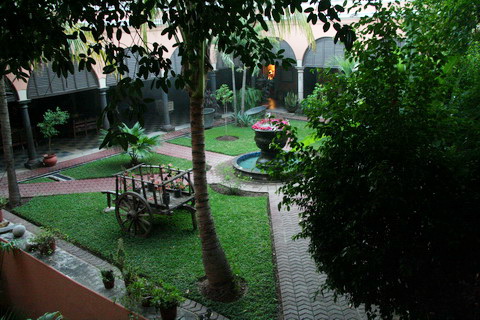
On March 11, 1917, Venustiano Carranza was elected the first president under the new Mexican Constitution of 1917.
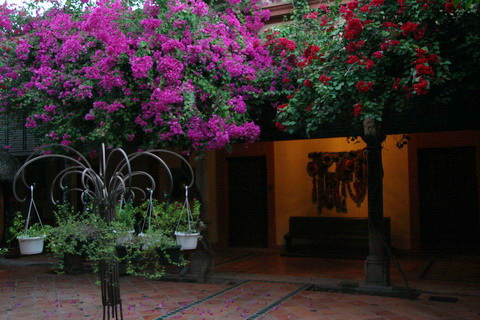
Constructed during the 17th and 18th centuries in the city of El Fuerte de Motesclaros, it was the first Spanish garrison in the area. It was strategically placed in front of the old fort both of which were erected on the Carapoa Hill. It was actually more of a stone compound with small iron doors with bars in the front. It was used to confine crooks and enemies of the Spanish Crown from 1650 to 1750.
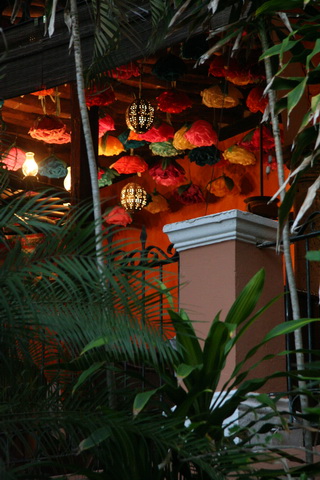
The dining room was called the Pinata Room.
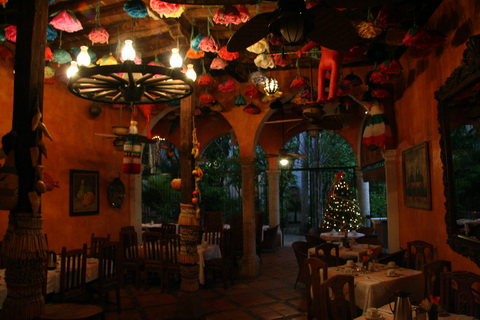
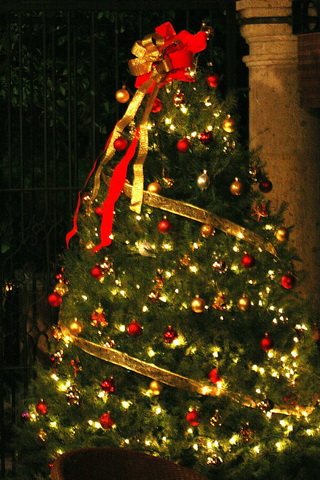
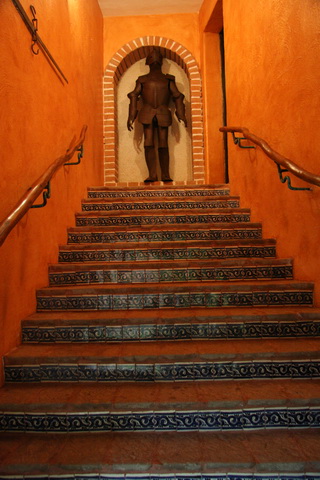
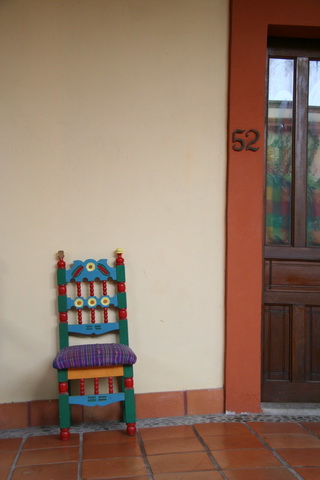
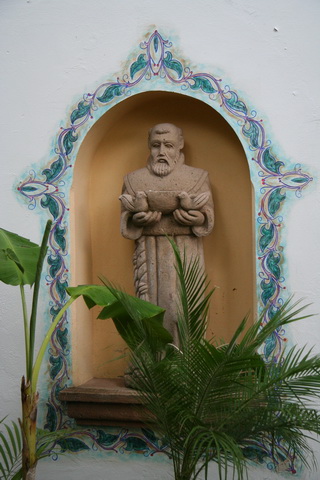
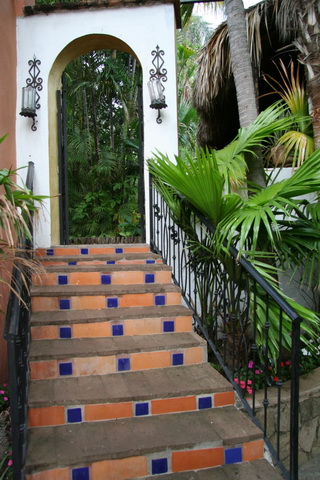
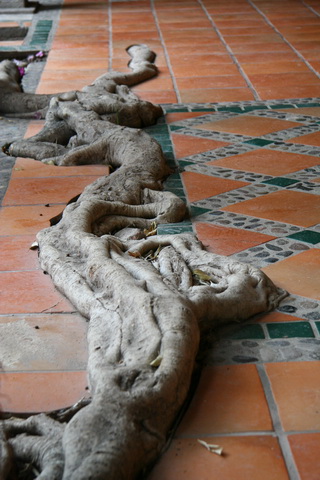
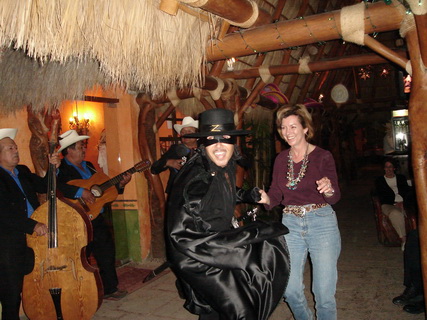
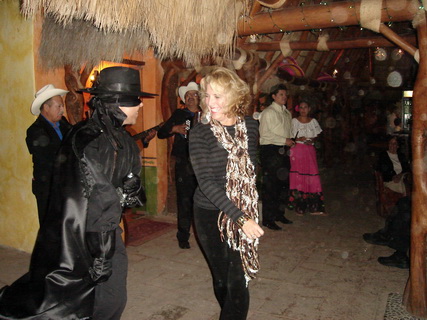
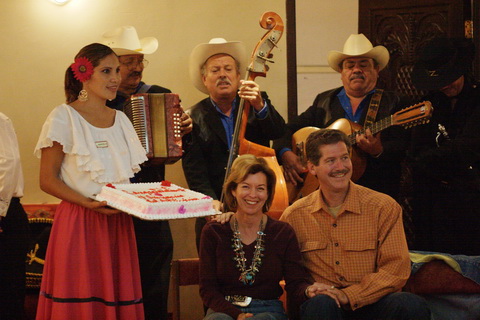
It will be an anniversary we will not forget in old Mexico.
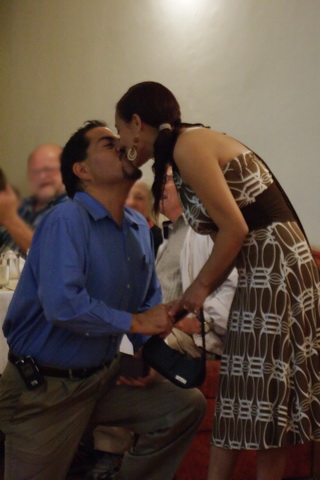
Our tour guide, Tony Valdez, asked his girlfriend, Leezbeth, to marry him.
